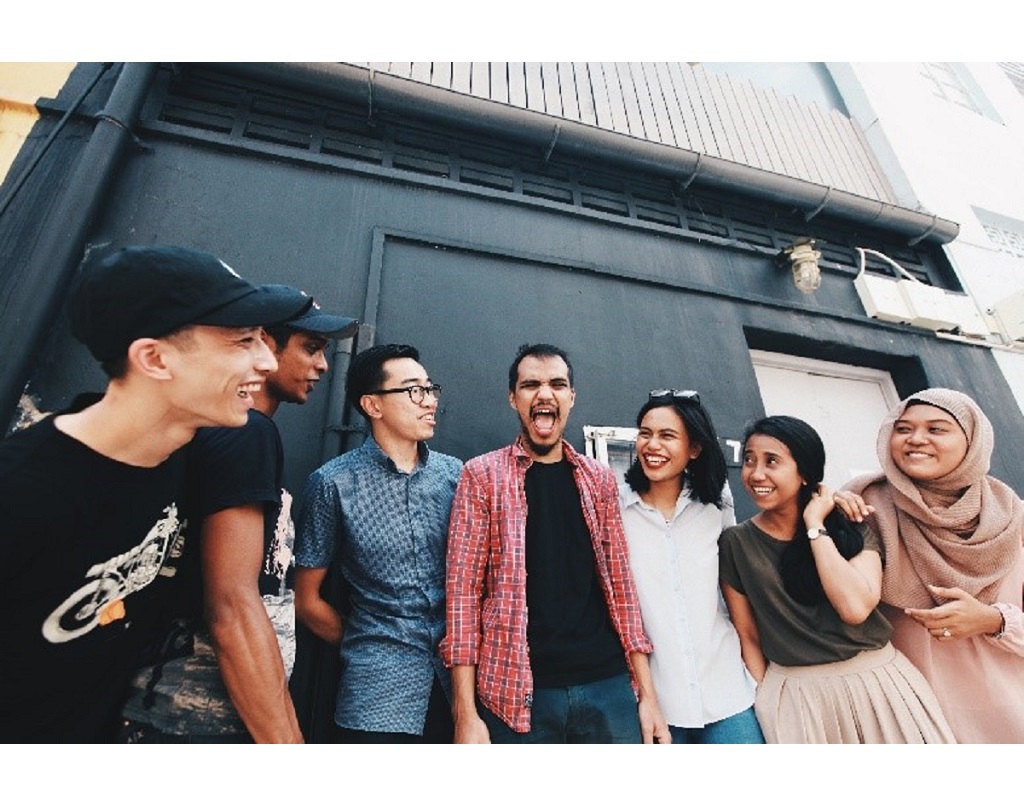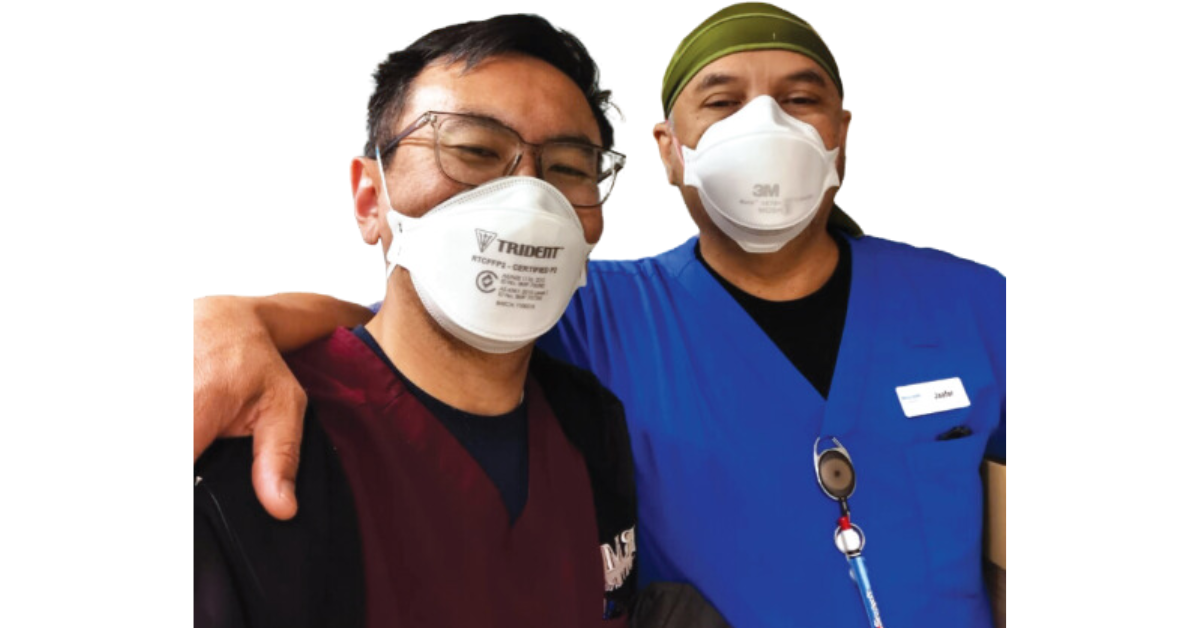Consumer lifestyles are gradually changing, and competitive advantage for businesses today is shifting from a traditional, straight-forward business approach towards creative ideas and innovation. Entrepreneurship has emerged as a proactive response to these shifts. For the aspiring entrepreneur, the presence of supportive business and financial infrastructures make Singapore a great location for launching businesses and subsequently making a global impact. There is a wealth of opportunities in Singapore for any entrepreneur with the ambition to strike out on his/her own.
Starting a business may be challenging in the midst of the noise, hype, and glamour depicted of entrepreneurship these days. A good entrepreneur needs to identify, attract and work with players who share the same vision, values, and chemistry. A good entrepreneur needs to differentiate themselves from the competition and keep innovating. If you think being an entrepreneur is hard, being a young entrepreneur is probably even harder, especially with significantly less experience than their seasoned older counterparts.
Despite all the clichés surrounding the pampered Gen Y, many young people are actually working hard to create their own destinies. The younger generations have been making their own income in innovative ways and for many, this often equates to entrepreneurship. Dubbed the “millennipreneurs”, most of these business starters of Gen Y are already establishing more companies, managing larger staff strength, and targeting higher profits than their predecessors.
An inspiring example of such entrepreneurial spirit would be The Black Hole Group. Made up of determined young business players, The Black Hole Group is a collective of lifestyle brands encompassing accommodation, event management and food and beverage (F&B) entities. The company was founded by two young entrepreneurs; Mustaffa Kamal and Calvin Seah, who leveraged on their innovative ideas to build successful businesses. The company is also headed by five other young managers, each overseeing the five entities that are all bounded within the Arab Street compound.
With the addition of their establishments to the district, the area is now a gem especially to café hoppers and tourists. Gone are the days where customers are satisfied with just the typical coffee chains. Singaporeans’ evolving palates have stirred the coffee movement and the appreciation of specialty brews here. Even with the mushrooming of F&B establishments, and the emergence of new young entrepreneurs, it seems that there can never be enough cafés here especially when Singapore is bolstering its reputation as the gastronomical capital of Asia. New café establishments today definitely need more than just a pretty façade to convert first-time patrons into regulars, and The Black Hole Group is here to take up the gauntlet.
The Karyawan team recently interviewed Mustaffa, one of the founders of The Black Hole Group; Abdul Rahman, the Manager for the Working Title café; Amiera Raushan, their Marketing Director; and their intern, Noor Syafiqah.
Q: What initiated the establishment of The Black Hole Group (TBHG)?
Mustaffa: TBHG didn’t come about until last year (2016), but it had been existing ‘invisibly’. Before we officially established TBHG, we already had five entities running independently; three cafés, one hostel, and a training and consultancy company.
Our first setup was The Shophouse; a boutique backpacker hostel catered to tourists on a budget. We then set up a café selling light food and beverages right below The Shophouse to cater to our patrons. Eventually, we refurbished it into a proper full-fledged café now known as (Working Title) Burger Bar. The café was our first foray into F&B and our speciality are artisanal coffee and gourmet food. Our second café is Afterwit, a Mexican café and one of the few halal taquerias in Singapore. Last but not least, we have The Mad Sailors, which serves halal British cuisine such as gourmet fish and chips.
Besides these cafés, we also have ‘Of Mice and Men’, a training and consultancy concept which also offers event spaces for rent, operates a mobile pop up coffee and beverage cart, and manages events. It also provides consultancy and training to F&B establishments.
With the five entities running under the same founder, it only made sense for us to create TBHG as an umbrella company managing all these establishments. TBHG is the central function or the ‘nerve centre’, encompassing the aspects of marketing, human resource and logistics for all the entities. It is where new ideas are generated.
Q: How did The Black Hole Group name come about, and what is the manpower strength?
Amiera: Anyone who comes to Working Title to work will always get “sucked in” to the community. They will always end up coming back to work with TBHG despite leaving the company for months, or even years. Metaphorically, it is just like the black hole, where everything gets sucked in and never comes out.
Mustaffa: We are still expanding in terms of entities and manpower. I am in charge of human resource, administration and finance, while Calvin handles the logistics. Under the TBHG directly, we have the Marketing Director, human resource personnel, and an intern to help the team. We have five managers managing the five entities, and staff working at each of the entity. In total, TBHG has a strong team of about a hundred people.
Q: With so many people managing TBHG, how do you ensure that the company runs smoothly?
Mustaffa: The one common thing in TBHG is that everybody wants it to excel but everyone has a different mindset and ideas of how it is going to excel. By excelling in their own route, they might sometimes trample over each other’s. I will then have to sit down and speak to them.
Two years ago, I was managing everything and was on the verge of depression because it was very tiring to handle the different aspects of running a business. Eventually, Calvin and I managed to bring like-minded people on board, to work with us. Everyone comes from very diverse backgrounds: architecture, marketing, engineering, and even art. We look beyond their backgrounds or academic qualifications, and give everyone an equal chance to work with us even if they come in with zero experience. We just need them to be disciplined, sincere and motivated to learn.
Q: What kind of culture exists in TBHG?
Syafiqah: TBHG is like a family. Even though there are different entities, everyone who works under TBHG knows each other. I didn’t have any problem fitting in when I first came here as everyone was very friendly and welcoming.
Mustaffa: While each of the entity has a language of its own, there is a close relationship and interaction between the staff from the different chains. We are a close-knit ‘family’, where even though hierarchy exists, there is still a direct connection between a part-timer and me, for example. Anyone can approach anyone if there is a problem.
Q: What is TBHG’s competitive advantage and why can’t it be copied?
Mustaffa: The style we have grown in TBHG is very organic. We are small and malleable. What is unique about us also is we do not recruit or assess new staff through their experiences or academic background. We prefer to see if we can build a personal relationship with them and assess their sincerity during our recruitment process.
One of the models that we take as a benchmark is the Lo and Behold group, which manages a chain of independent restaurants. They don’t cater to the halal market. We want to be the halal solution to that.
Q: What risks do you face?
Mustaffa: I won’t see it as risks, but more as challenges. Working with a young, raw team may be challenging, and growth will take time. We can’t expect somebody to come on board and execute tasks seamlessly as most of them have no background in what they are tasked to do. Everyone takes time to learn and grow together.
Q: What are some of the toughest feedback or setback encountered?
Amiera: We get them every day. There will always be people who would say things like ‘this is the worst hostel’ or ‘this is the worst food’. At the same time, we also get a lot of ‘this is the best hostel’ and ‘this is the best food’ feedback. There are extreme feedback from both ends but we try not to be affected by the negative ones because we cannot please everyone. People can be very critical at times and some may not realise that there are humans behind those plates of food. While we try to be polite and accepting, it is quite important to have a balance between the customer’s constructive feedback and our staff’s well-being.
Mustaffa: Setbacks and failures may occur at any time and any day. For example, bad weather may affect our turnouts and sales may dip slightly. Our location may be less accessible and not very convenient when it rains. However, there’s only so much that we can do.
Q: What is the team’s most outstanding accomplishment?
Mustaffa: The most outstanding accomplishment in TBHG is the culture that we’ve built.
Abdul Rahman: I would say, getting the halal certificate for Working Title. The process of acquiring the certificate actually took quite a long time. Although we have always ensured that our ingredients are halal-certified, getting an official certificate is important, especially among the Malay / Muslim community in Singapore.
Q: Where do you see TBHG in five years?
Mustaffa: I see the team going regional. I have a glimpse of what is going to happen because we have people knocking on our doors, offering us opportunities to expand overseas. We have places in Indonesia, Seoul, and other countries where there are huge and upcoming demands for halal food and establishments. It is very tempting to execute it now, but we have been turning these offers down as we have too many things going on at the moment. We need to refine and strengthen our operations before we go regional. The pursuit of excellence is an endless journey powered by learning. While nobody can predict the future, we can vouch for the tremendous improvements in Singapore’s café scene. It is a continuous journey for both cafés and patrons, where both parties are constantly learning about coffee and food. ⬛
Nabilah Mohammad is a Research Analyst at the Centre for Research on Islamic and Malay Affairs (RIMA). She holds a Bachelor of Science in Psychology and a Specialist Diploma in Statistics and Data Mining.








